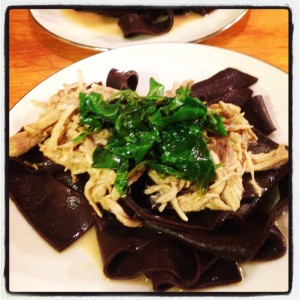I spent the better part of the day writing, but not for this blog. I was working on a proposal for the next book. (I do love writing that sentence.) Tonight I have been staring at the screen for some time looking for the words that belong here. In the middle of writing, I took time this afternoon to go to a memorial service for a woman named Ruth Lewis who was a member of our church and an wonderfully kind and courageous person. The other thing that has been on my mind is David Letterman’s announcement that he is retiring next year. Though I will say I don’t watch as often as I once did, I am going to miss him. I learned a great deal about being funny from him. In the midst of all of that, today also marked the anniversary of the death of Martin Luther King, Jr. I haven’t been able to find many words of my own, but I did think of Elizabeth Bishop’s poem, “One Art” —
The art of losing isn’t hard to master;
so many things seem filled with the intent
to be lost that their loss is no disaster.Lose something every day. Accept the fluster
of lost door keys, the hour badly spent.
The art of losing isn’t hard to master.Then practice losing farther, losing faster:
places, and names, and where it was you meant
to travel. None of these will bring disaster.I lost my mother’s watch. And look! my last, or
next-to-last, of three loved houses went.
The art of losing isn’t hard to master.I lost two cities, lovely ones. And, vaster,
some realms I owned, two rivers, a continent.
I miss them, but it wasn’t a disaster.—Even losing you (the joking voice, a gesture
I love) I shan’t have lied. It’s evident
the art of losing’s not too hard to master
though it may look like (Write it!) like disaster.
Loss is not the whole story for any of us and it is part of the story for all of us. Some days it elicits great sadness in me; today it led to gratitude for Ruth’s life, for Letterman’s humor, for Martin’s courage and leadership. I am different for all of their influences. Perhaps that is the best word for today.
Peace,
Milton




